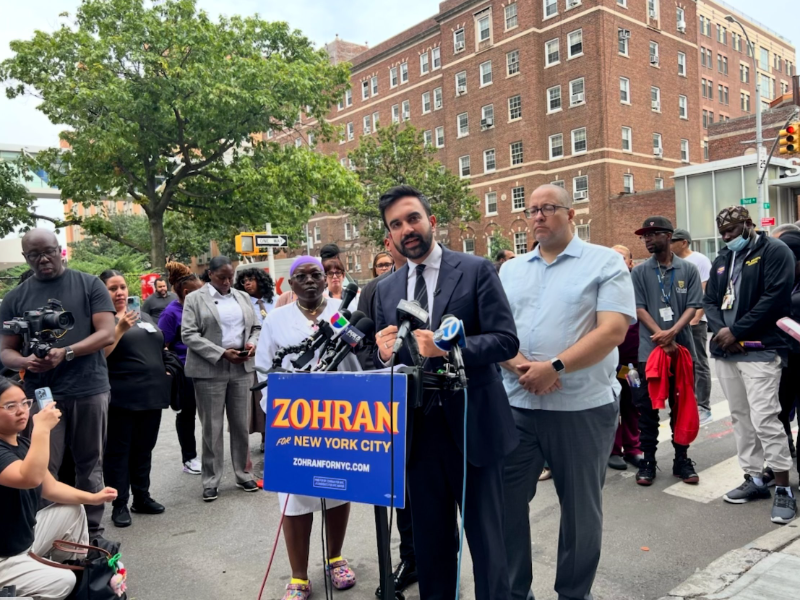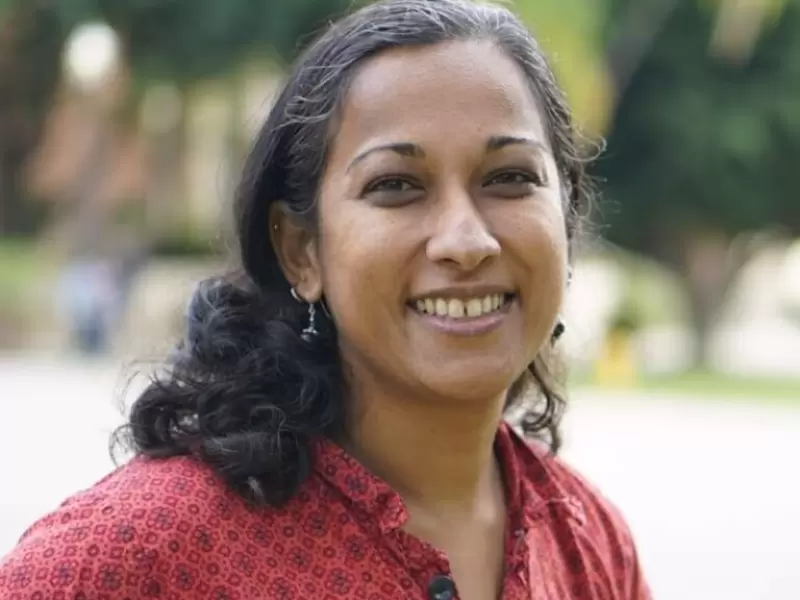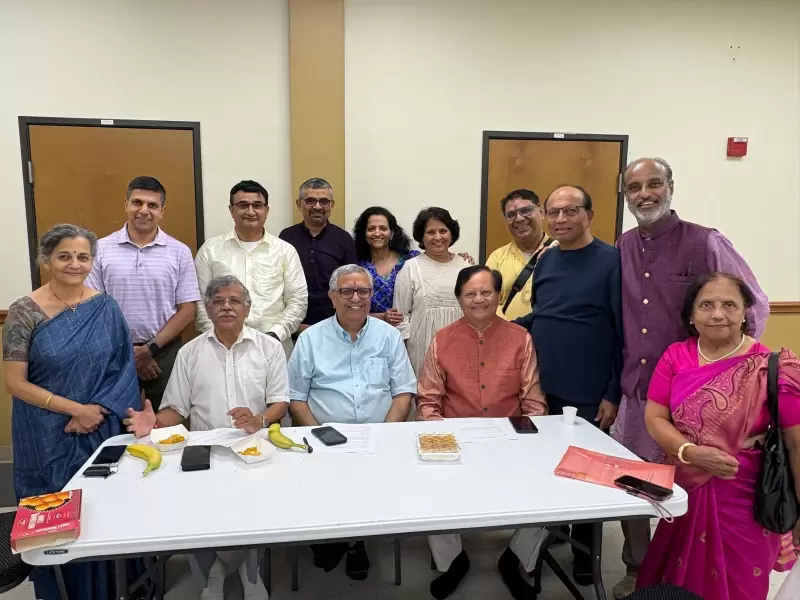Indian marriage and foreign divorce: The legal trap every NRI should know
If a Hindu marriage was solemnized in India under Hindu Marriage Act (HMA), 1955, only an Indian court can legally dissolve the marriage.
 Representative Image / Generated using AI
Representative Image / Generated using AI
Non-Resident Indians (NRIs) may believe that once a foreign court (for example: a New York court) grants them a divorce, the Indian marriage chapter is closed. However, under Indian law, that belief can backfire dramatically.
If a Hindu marriage was solemnized in India under Hindu Marriage Act (HMA), 1955, only an Indian court can legally dissolve the marriage. A foreign court’s decree — no matter how fair or final it seems — has no legal force in India unless both spouses explicitly consented and the case was conducted under principles consistent with Indian law.
This also apply for any marriage conducted in India under Muslim Personal Law (Shariat) Application Act, 1937, Parsee Marriage & Divorce Act, 1936, Christian Marriage Act, 1872, Anand Marriage 1909 Act for Sikhs (amended in 2012) or the Special Marriage Act, 1954 (civil marriage).
Further, this guidance is not limited to marriages initiated in only India but also applicable to most other countries.
This mismatch creates a minefield of conflicting legal, financial, and even criminal consequences.
Situation #1: Inheritance and Property Conflicts
Imagine a couple married in India, lived abroad, and later got divorced by a foreign court. Years later, if one spouse dies, the “divorced” partner can still inherit assets in India under the Hindu Succession Act, 1956 — because India never recognized the foreign divorce.
In such cases, the surviving spouse may claim rights over Hindu Undivided Family (HUF) property, ancestral land, or bank accounts in India. This results in dual ownership disputes, frozen assets, and litigation that drags on for years — all because the marriage originally registered in India technically still exists in India.
Situation #2: Bigamy and Criminal Risk
Now imagine someone remarries abroad after having an Indian marriage and divorce abroad, thinking they’re free to remarry after a foreign divorce. In such cases, the person remains “married” in India and “divorced” abroad — simultaneously.
Under Indian law, that second marriage may be considered void, and the person can be prosecuted for bigamy under Section 494 of the Indian Penal Code (IPC). Indian authorities will refuse to register the new marriage, since the original one was never dissolved by an Indian court.
Situation #3: Custody and Child Rights Conflicts
When children are involved, the confusion deepens.
Foreign courts often handle custody based on the child’s habitual residence — for example, if the child lives in the USA. But if that same child visits India, or has property or succession rights there, Indian courts can issue their own custody or guardianship orders under the Guardians and Wards Act, 1890.
This leads to conflicting custody orders between two countries — and a child may get caught in the middle of an international legal tug-of-war.
Indian Courts Retain Exclusive Jurisdiction
India’s judiciary has been clear for decades: A foreign decree cannot end a marriage if the marriage was solemnized in India and one party never consented to the foreign court’s jurisdiction.
Some landmark judgments:
-
Satya v. Teja Singh (1975, SC): Foreign decrees invalid if contrary to Indian law.
-
Y. Narasimha Rao v. Y. Venkata Lakshmi (1991, SC): Recognition only if both parties participated and the foreign court applied Indian matrimonial law.
-
Karan Goel v. Kanika Goel (2018, Delhi HC): Foreign divorces not automatically valid in India.
-
Shilpa Sailesh v. Varun Sreenivasan (2023, SC): Indian Supreme Court may dissolve marriages on irretrievable breakdown, but only under HMA.
-
Gujarat High Court Order (2025)
In 2025, the Gujarat High Court reaffirmed that Hindu marriages solemnized in India cannot be dissolved by any foreign court unless the dissolution is sought under the HMA itself and both parties submit to the Indian court’s jurisdiction. The judgment emphasized that property rights, maintenance, and children’s inheritance under the Hindu Succession Act (HSA) and Hindu Undivided Family (HUF) framework are inseparable from HMA proceedings, thereby reinforcing the exclusive jurisdiction of Indian courts.
Together, these rulings make it clear: Indian marriages ideally must end in Indian courts.
Foreign vs. Indian Marriage and Divorce:
|
Aspect |
Foreign |
India |
|---|---|---|
|
Nature of Marriage |
Civil contract |
Religious and legal bond |
|
Law Applied |
Civil/family law |
Hindu Marriage Act, 1955 (or another respectable act) |
|
Property System |
Civil/community property |
HUF & Hindu Succession Act |
|
Recognition of Divorce |
Usually invalid in India |
Fully valid |
|
Criminal Exposure (Bigamy) |
None abroad |
Punishable under IPC §494 |
A Case-study: The Author (SB)’s Personal Legal Journey
When his estranged wife filed a restraining order abroad, the author (SB), an NRI, initially filed for divorce in his foreign court (in the USA). Later, after reviewing key Indian rulings — especially the Gujarat High Court’s reaffirmation of jurisdiction under the HMA — he realized any foreign decree would have no effect in India.
He withdrew his foreign petition and refiled for divorce in Bengaluru, India, where the couple last resided together. This was done to ensure that his property, inheritance, and marital rights remained protected under Indian law.
Informed the U.S. Court (If Any Case Existed)
Since his spouse has filed proceedings in a U.S. family court, he—through his attorney—plans to file a Notice of Proceedings Pending in India.
He will submit certified copies of his ongoing divorce case in India as exhibits and request the U.S. court to stay its proceedings until the Indian court decides the matter.
He plans to make it clear that:
• Their marriage was solemnized in India.
• Both are Indian citizens.
• The Hindu Marriage Act governs their marital rights and obligations.
He believes that India holds primary jurisdiction over the dissolution of their marriage in many situations.
Split or Dual Jurisdiction Not Available Between India and USA
Ideally, practical approach for global Indian families could be a split jurisdiction:
-
India: Handles divorce, property, maintenance, inheritance.
-
Foreign country: Handles custody or relocation, based on child residence.
This system reduces conflicts and respects both nations’ laws — such an approach already recognized in several international cases, such as Barzilay v. Barzilay (USA/Israel) and Einat Ron v. The Regional Rabbinical Courts (Israel).
India does not currently have such dual jurisdiction arrangements, at least with the United States, and the authors recommend establishing one.
A Call for International Understanding
The authors urge the Indian Ministry of External Affairs (MEA) to step in to make laws clear for NRIs in such situations.
It should cover:
-
Clear NRI divorce guidelines under HMA.
-
Provide legal help desks in Indian embassies worldwide.
-
Arrange workshops between Indian and foreign judges for mutual understanding.
-
Bilateral treaties establish to align custody and maintenance orders.
Conclusion
In the summary, foreign divorce decrees may look final—but under Indian law, your Indian marriage could still be alive. If your marriage was formalized in India, you should be aware of this painful legal truth and consult an attorney in India who can help finalize the divorce to avoid future issues. Any issues can be compounded if you have ties to India through property (financial, real estate, inheritance, etc.), children, or plans to return.
It is suggested that every NRI and OCI understand this reality to prevent emotional loss, financial waste, and endless cross-border legal battles.
Subhas Balappanavar the Global Convenor of NRI Grievances, a rapidly growing network of 1,500+ members working to address issues faced by the NRI and OCI community worldwide.
Dilip Amin is the founder of InterfaithShaadi.org and HinduSpeakers.org, and currently serves as a faculty member at the Hindu University of America.
ADVERTISEMENT
ADVERTISEMENT
E Paper
Video



1761583896.png) Subhas Balappanavar
Subhas Balappanavar Dilip Amin
Dilip Amin













Comments
Start the conversation
Become a member of New India Abroad to start commenting.
Sign Up Now
Already have an account? Login